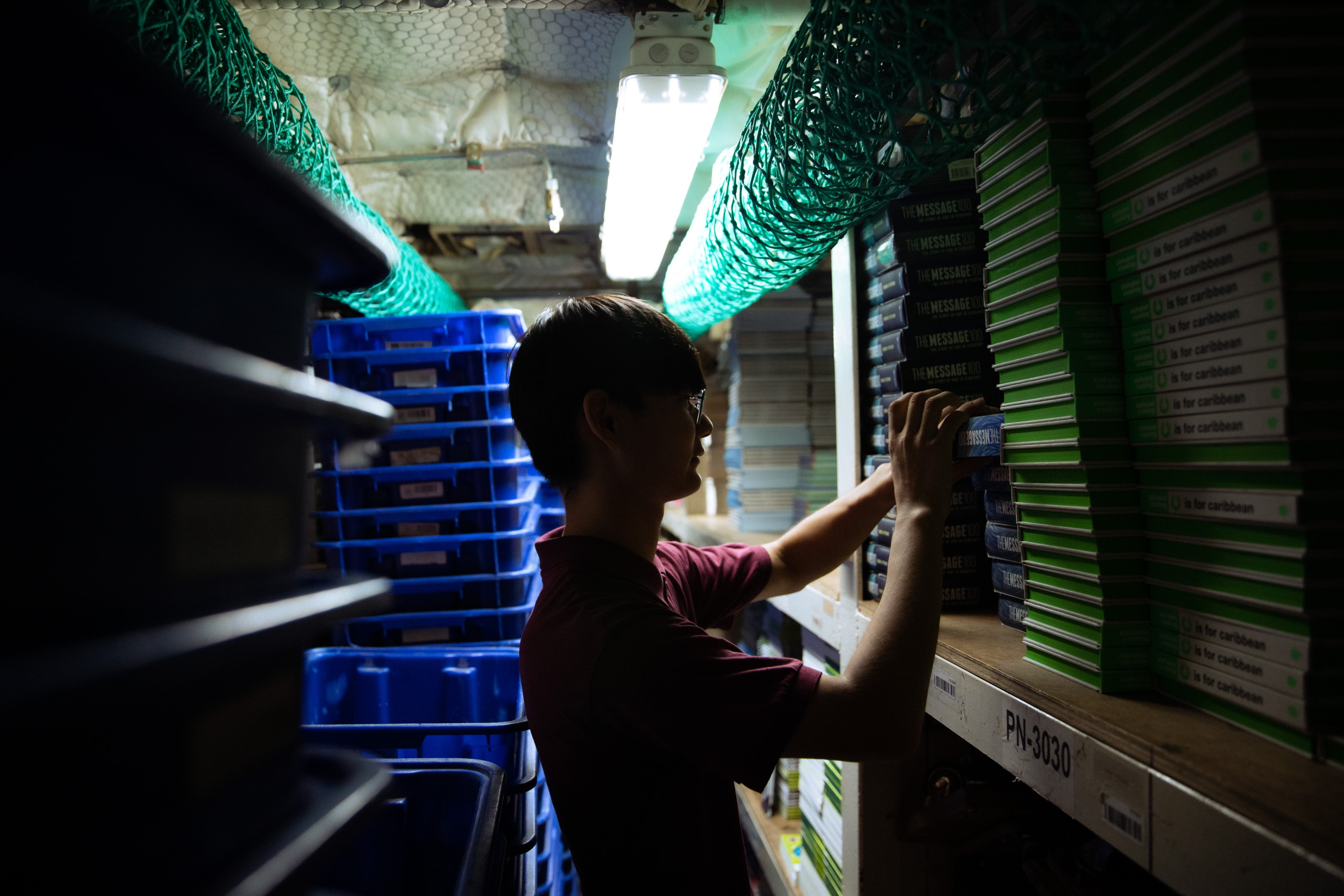Faith Matters7- Page
For the first time ever, the full season of a streaming TV show will be released exclusively in cinemas, distributed by Fathom Events in the US. The Chosen, the groundbreaking
Digital Editor’s Note: I’m very pleased to welcome today’s Guest Writer, Noirine Khaitsa. Noirine is the Senior Manager of Sponsorship Product Support, Compassion International. Noirine writes: Global poverty can seem
“Don’t lose hope.” That’s the message from international child development charity Compassion UK as a survey finds less than half (49%) of UK adults believe it is possible to end
Chief Executive of The Leprosy Mission, Peter Waddup, is urging people to challenge others who react negatively to anyone struggling with disease. Peter’s eyes have been opened to the suffering
A building project I was working on involved a long journey by road. Once a week I would drive across the Pennines to visit a construction site in Harrogate, Yorkshire.
International Christian Development Agency The Leprosy Mission has set up eleven Hubs of Hope in Cabo Delgado, the most northern province of Mozambique. The residents have lived amid escalating violence
Digital Editor’s Note: I’m so pleased to welcome Rev Peter Crumpler as our Guest Writer here at the Sorted Magazine website. I first met Peter at a training event in
The seven seas, and the adventure they promise, has been the basis of much intrigue throughout history and the location for many thrilling fictional stories. There are some of us




